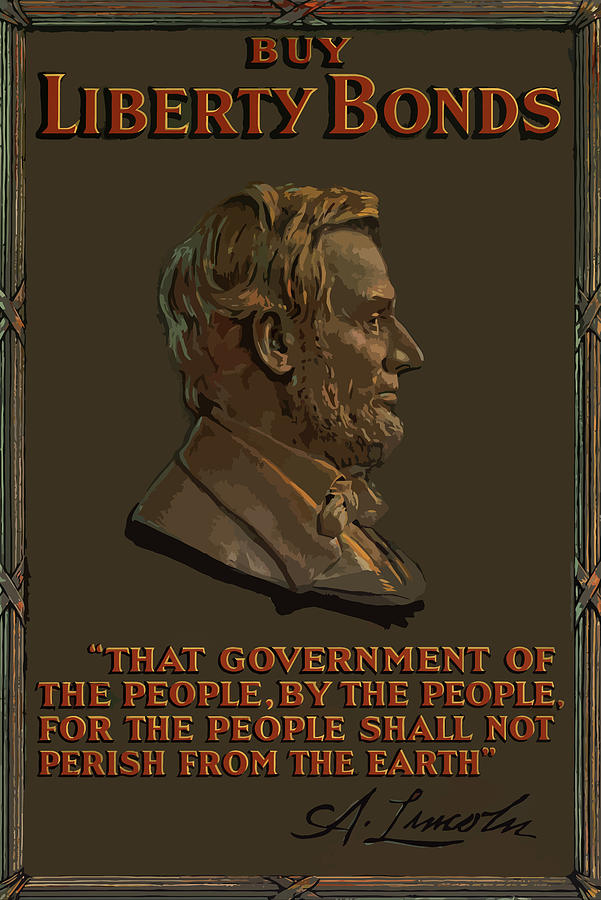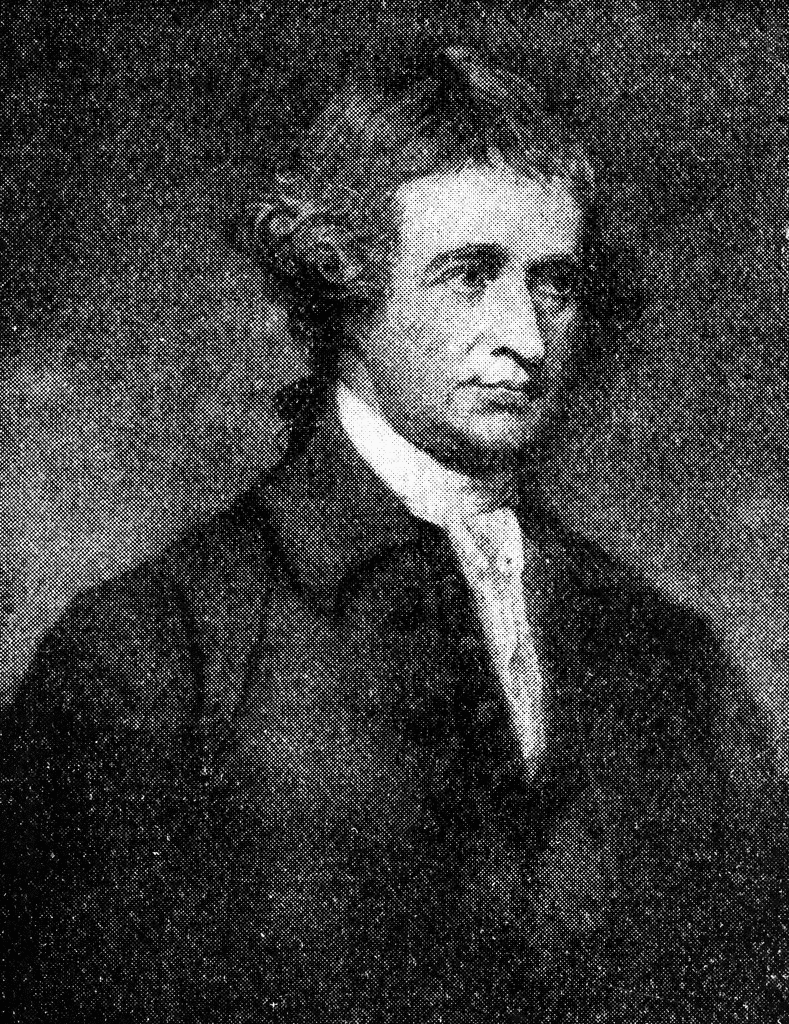The
variety of the texts, art, music, and films we studied in this class enriched
greatly not only my understanding of Latin American authors and the culture but
of fundamental principles in life that are essential in human relationships.
I
have always enjoyed reading literature that would help me learn historical
content. Ines of my Soul written by
Isabel Allende was very well written as the plot line was clearly structured, I
was able to understand the historical significance of the different areas they
were traveling around and I could understand the relationships and see the
character development as it progressed and changed throughout the novel.
I
have always believed that in order to understand our future and present,
personally and as a nation, it is fundamental that we understand our past.
Latin American history is a complicated issue, and my eyes were opened so much
more as to what the Spaniards did as they conquered Latin America. The three
g’s, gold, glory, and God, really were the momentum for the men in this novel,
and during this time period, while for the women, they were almost powerless
and victim to males desires.
But
through the example of Ines we can see that the way a society is does not
determine how it has to be. She chose not to let the norms of society dictate
how she had to act or keep her from getting what she wanted. I was fascinated
that this theme really is as prevalent today as it was 500 years ago.
It
was hard to pick a favorite text because once analyzed they are became more applicable
but this one was easily applicable to principles and themes I understood
personally.
















